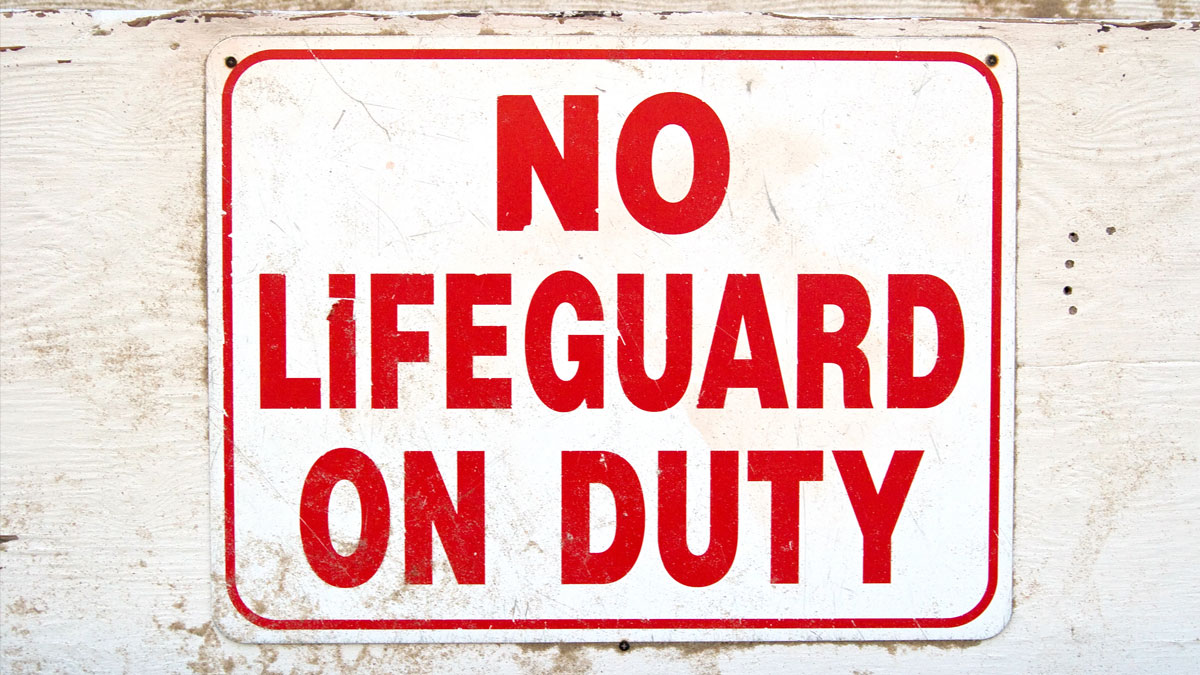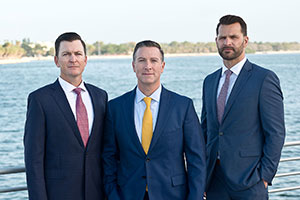
Did you know that the state of Florida has the second-highest number of pools in the county? This fact makes pool safety in Florida a major priority. The risk of drowning incidents in Florida has reached crisis levels. According to the most recent statistics, 440 Floridians drown each year. In addition to these tragic deaths, there were another 343 Floridians injured in non-fatal drownings. These numbers are truly staggering. Sadly, drowning is the number one reason for deaths to children in Florida and is the highest in the nation. In fact, according to a study by the USA Swimming Foundation, in 2017, 51 children in Florida died due to drowning in pools or spas. This number of child drownings far exceeds the rest of the country with Arizona and Texas next at 25, California with 20, and Georgia with 12.
Pool safety is thus a very important issue in Florida and a recent case involving a man who drowned at the Loews Hotel on Miami Beach demonstrates how lax our laws are at protecting people. In this case that was appealed from the Miami-Dade circuit court, the 3rd District Court of Appeal confirmed that a private hotel swimming pool does not have a legal obligation to provide a lifeguard for the safety of its guests. Thus, until the Florida Legislature determines that drowning deaths are a priority, hundreds of people in Florida will continue to die or be injured in preventable drowning accidents.
Summary of the Trial Court Case
In Hashmat v. Loews Miami Beach Hotel, 3rd District Court of Appeal Case No. 3D18-1514 decided on December 18, 2019, Mr. Hashmat tragically drowned in the pool at the Loews Hotel on Miami Beach. Apparently, he struggled in the water, became submerged, and eventually drowned. His Estate sued a number of Defendants including the Loews Hotel. By the time the case got to trial, Loews Hotel was the only defendant left. The Estate made numerous claims against Loews. The Estate alleged in the lawsuit that Loews was negligent in causing the death, failed to have a safe swimming pool, failed to train and supervise employees about the maintenance of the pool, failed to exercise due care when hiring employees, and failed to warn guests there was no lifeguard on duty at the pool. The main issue came down to whether Loews had a duty to provide a lifeguard at the pool. Loews moved for summary judgment on this issue and the trial judge agreed with the hotel. The judge ruled that Loews had no legal obligation to provide a lifeguard, and as a result, the Estate could not bring the issue up at trial.
The case was tried before a jury on the three remaining points. First, was Loews negligent in failing to maintain the pool in a reasonably safe condition? Second, was Loews negligent in failing to monitor, supervise and train its employees to supervise guests using the pool? Third, did Loews fail to exercise reasonable care after it performed CPR on the deceased? The jury decided in favor of Loews on all three points. The Estate then appealed solely the issue about whether Loews had a legal duty to have a lifeguard at the pool.
Appellate Decision
The Third District Court of Appeal reviewed the trial court’s decision that Loews had no legal duty to post a lifeguard at the hotel. The 3rd District stated that the trial judge was correct in concluding that Florida law does not impose a legal duty on the owner or operator of a private hotel swimming pool to have a lifeguard. It went on the state that although there is a rule within the Florida Administrative Code, Rule 64E-9.008 and also a Florida Statute 381.006(13) and Chapter 514 of the Florida Statutes, those rules only deal with the conduct of lifeguards if they are voluntarily used. They impose no legal duty to hire a lifeguard.
The court went on to state that the cases cited by the Estate also did not establish a legal duty to have a lifeguard. In one case relied upon by the Estate, a lawsuit was permitted when there were two lifeguards present for a 250 person public pool. In Pickett v. City of Jacksonville, 20 So.2d 484 (Fla. 1945), a person drowned and the lifeguards were blamed for not using the elevated watchtowers to prevent the situation. But, the appellate court determined that the fact that lifeguards were voluntarily present did not man that the law required them to be there. Finally, it stated that the risks and dangers of swimming in a pool without a lifeguard present are open, obvious and known. This applied especially in this case since there was no question that Loews had multiple signs stating that no lifeguard was on duty at the pool.
Therefore, the appellate court affirmed the trial court’s decision and upheld the jury verdict of zero to the Estate.
Contact a St. Petersburg Pool Accident Attorney
Pool accidents are a major problem in Florida. The threat of injury or death from drowning is always present not only at hotels but at pools all throughout the state.
At St. Petersburg Personal Injury Attorneys McQuaid & Douglas, we specialize in pool accident cases. They are often tragic situations and we understand the emotional toll they take on our clients. However, when someone is killed because of the negligence of another, there may be an opportunity to hold that person or business accountable in a civil court. If a loved one has been the victim of a pool accident injury or drowning and you are uncertain about what to do next, please contact us for a free consultation. Unlike most law firms, we have an estate lawyer who can advise you on what steps need to be taken if a death is involved. Likewise, our pool accident lawyers will be able to identify if there is a valid claim for compensation. While we hope that your family does not experience a pool accident injury or death, we are here to help and provide guidance if this tragic situation occurs.






















